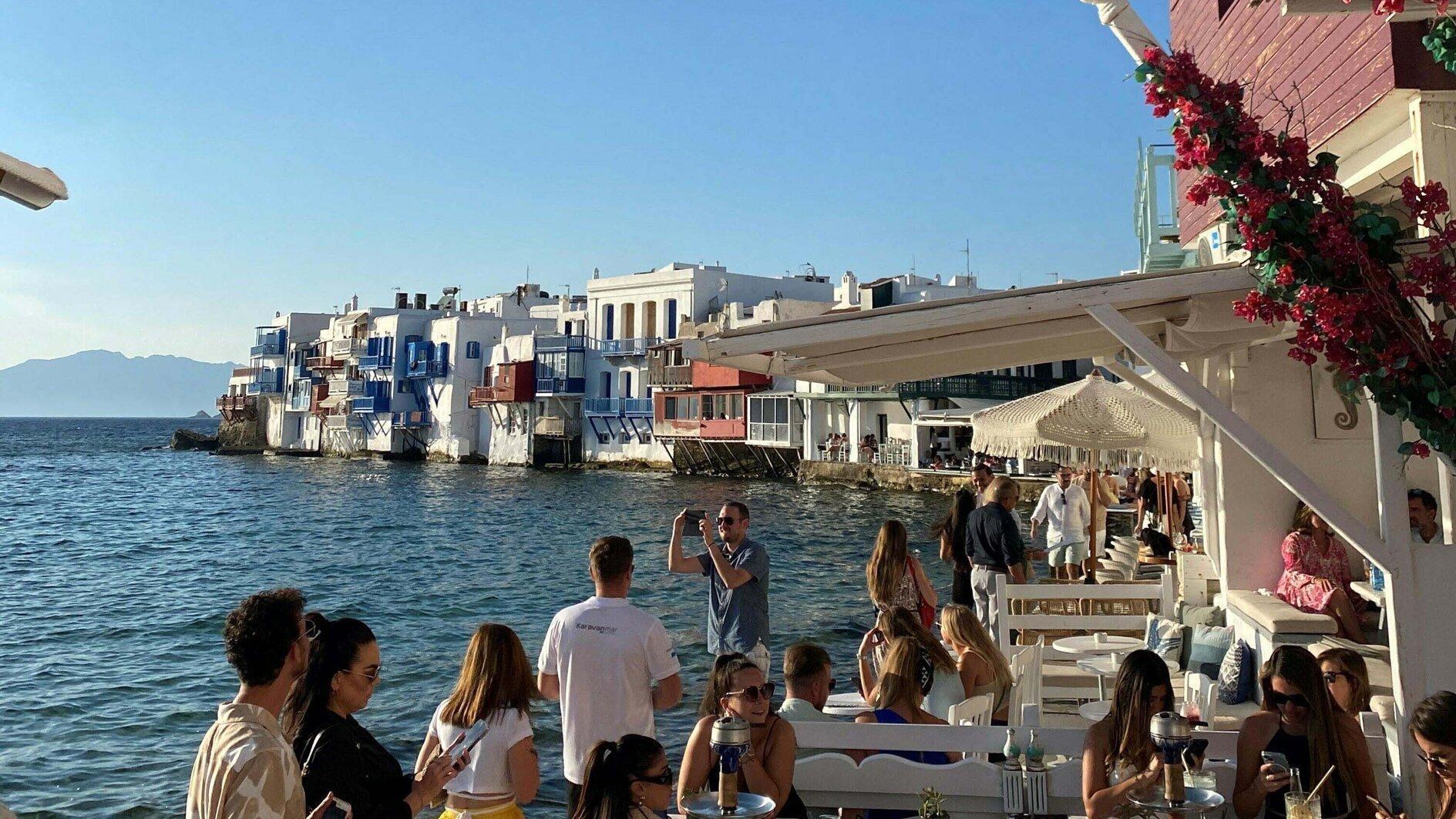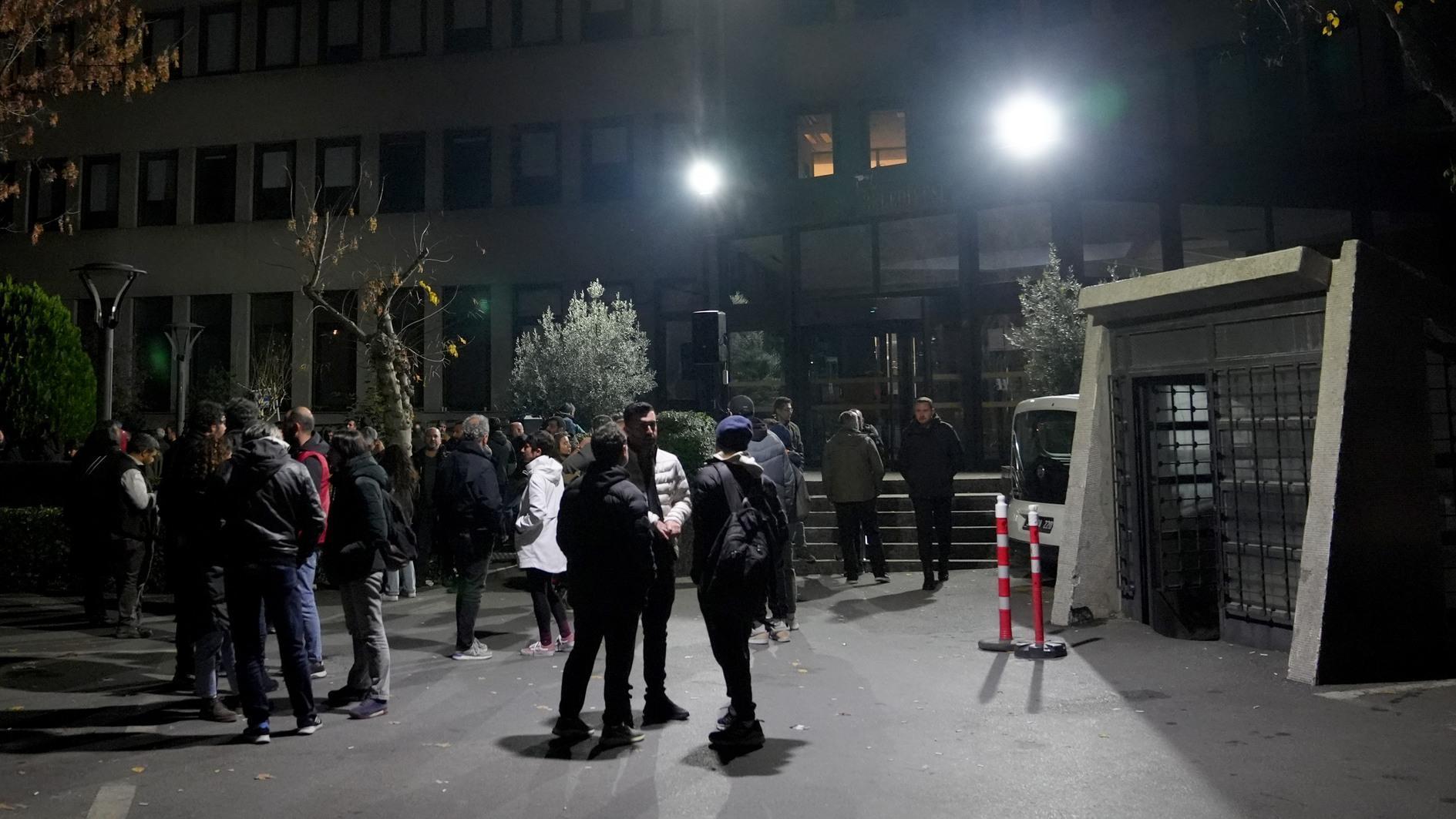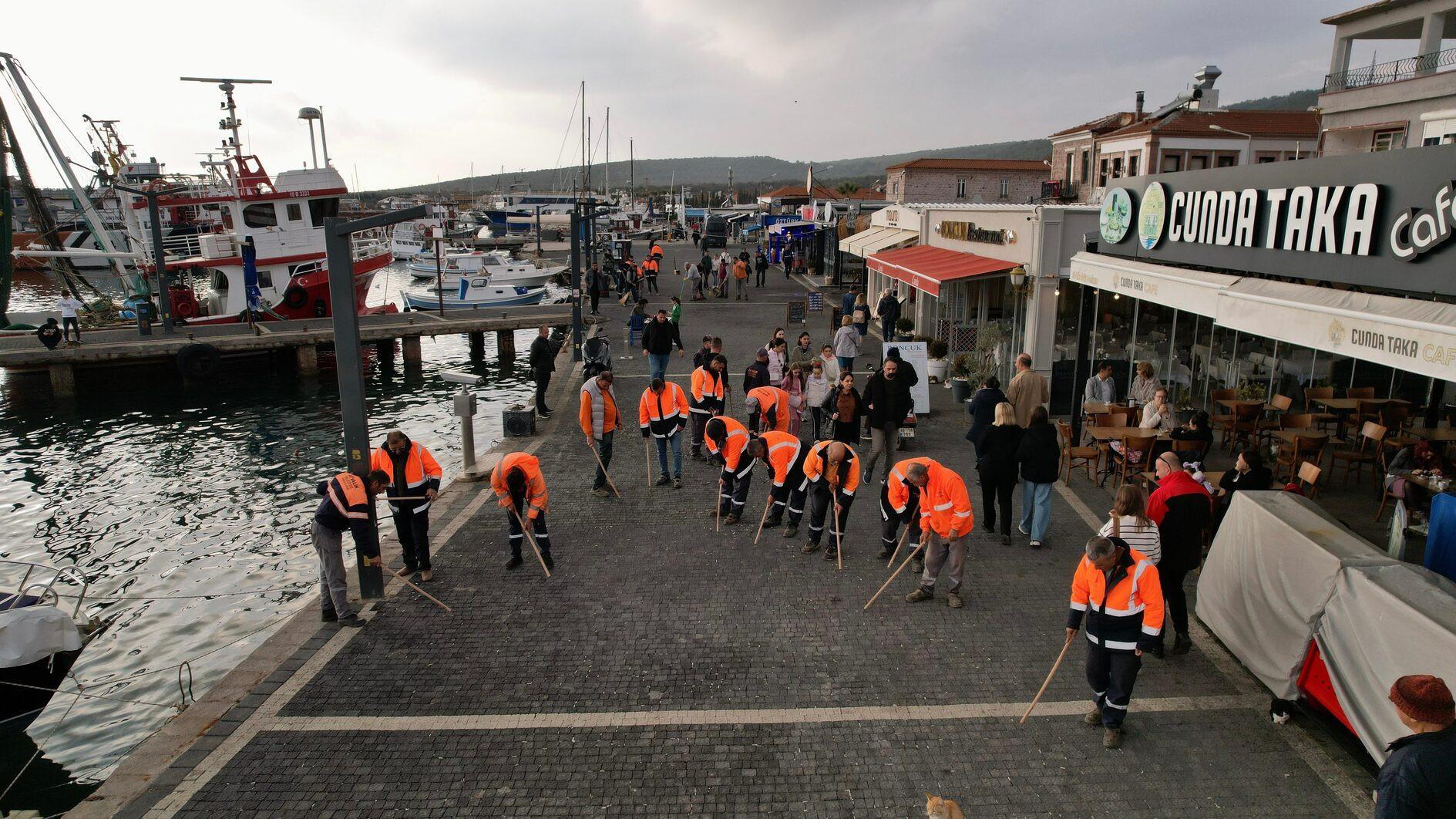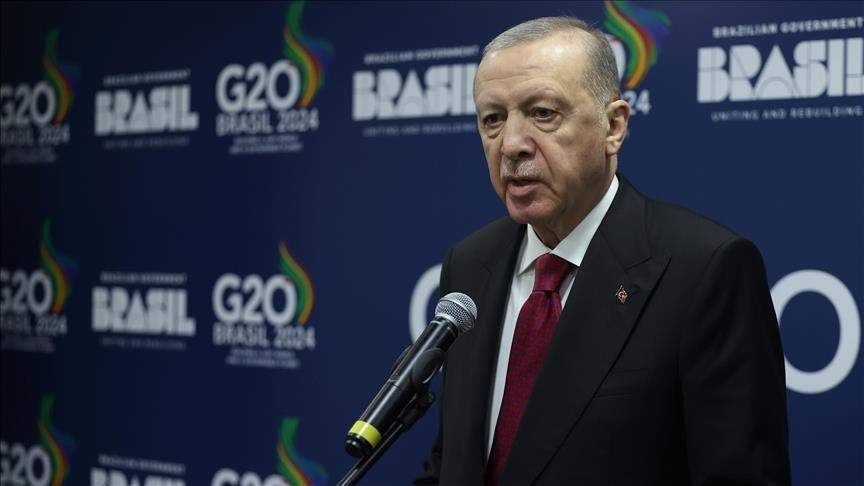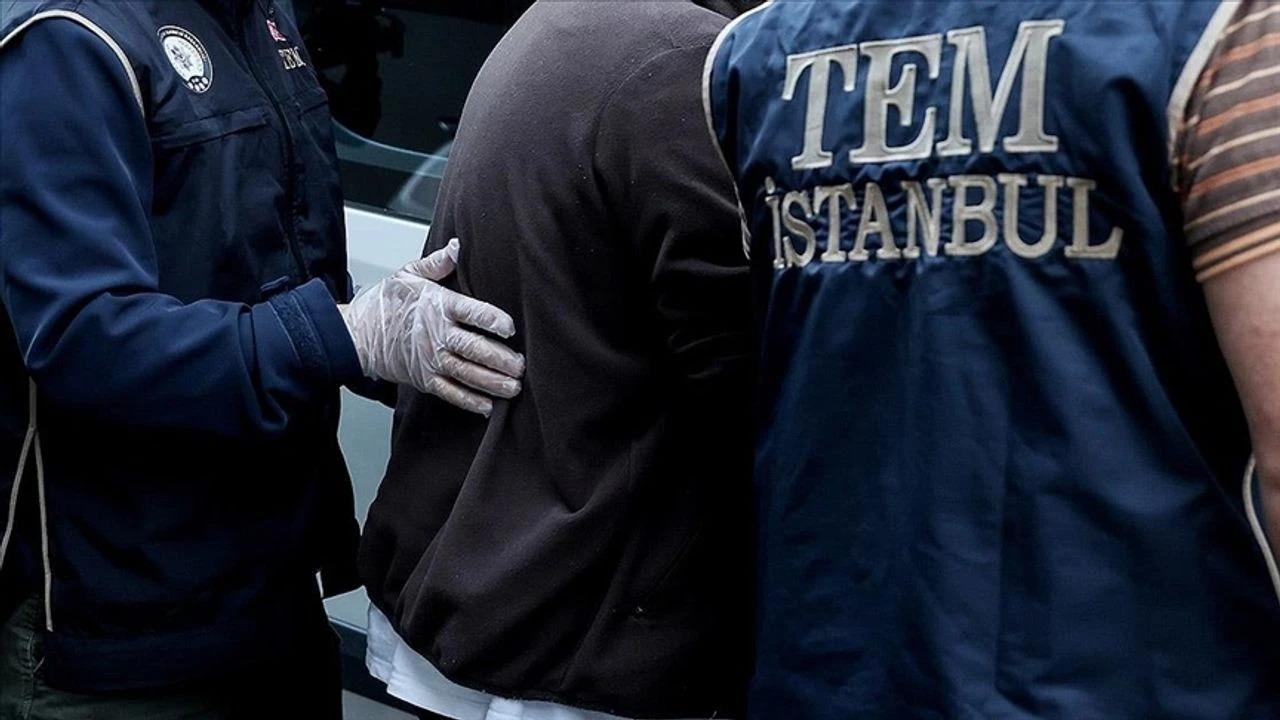Things MUST change after Tahir Elçi’s murder
A police and military operation in southeastern Diyarbakır’s Sur district, where Diyarbakır Bar Association head Tahir Elçi was slain on Nov. 28, was ongoing on Dec. 2 amid reports of the use of heavy weaponry and injuries.
With its narrow streets full of history, Sur could have been - and was for a brief time - a tourism hot spot in the province. But for almost months now, it is difficult to not have Sur in the same sentence with death, terror, trenches, operations, attacks, explosives, armored vehicles, etc.
The killing of Elçi sent shockwaves across the country, since he was no ordinary person. Not only was he the bar association head, he was a leading activist and one of the most prominent human rights lawyers in the country who had won many cases at the European Court of Human Rights (ECHR) against Turkey.
Having dedicated his whole life to the human rights struggle, Elçi was the attorney of hundreds of people who were victims of security forces abusing their power. Locals whose villages were bombed in 1994, people killed while in police or military custody, torture victims and children who stepped on mines could finally get some justice at the ECHR thanks to Elçi’s struggle.
I had the privilege to meet Elçi in August when I visited Diyarbakır and its districts with a delegation of journalists. It was a time when declaring curfews in neighborhoods to conduct police and military operations was a relatively new process, but Elçi had warned that it was not the way to go.
“The armed conflict should be kept out of the residential areas,” Elçi said during our meeting at the bar association building. He made it clear that the responsibility for this fell on the shoulders of both the security forces and the outlawed Kurdistan Workers’ Party (PKK).
“The Geneva Convention is binding not only for states but also armed groups,” said Elçi in that meeting.
When he was killed, Elçi was facing trial and was banned from traveling abroad for saying the “PKK is not a terrorist organization,” in a television program. Millions of people in Turkey knew Elçi when he was targeted for this remark and were quick to label him as a “terrorist.”
But four days before his murder, Elçi had called on outlawed PKK militants to leave residential areas in a joint declaration with Mardin Bar Association head Çelebi Aras on Nov. 24, the 12th day of a curfew and operations in Nusaybin.
“The ground for these operations, the armed activity of the outlawed armed groups and the much-talked about practices such as trenches and barricades should end immediately,” said the slain lawyer, adding that such activity could not be an excuse to deprive thousands of people from their most basic rights.
Elçi’s murder was no coincidence and, unfortunately, he is not the first human rights activist to “pay the price” for speaking up about the Kurdish problem.
Vedat Aydın, a member of the Human Rights Association (İHD) and the provincial leader of the pro-Kurdish People’s Labor Party (HEP), was taken from his home in July 1991. His body, severely tortured, was found two days later. Tens of thousands of people gathered for his funeral, during which at least three people were killed when security forces opened fire on the crowd.
Aydın’s murder was accepted as the first of many unsolved murders in the southeastern region in the notorious 1990s, an era often condemned by government officials (but still falling short of calling the state officials responsible for those killings into account).
Elçi’s killers should be found immediately, whether they are PKK militants, police officials, foreign intelligence agents, whatever. The state cannot allow the opening of a new era of murders and violence, as the current situation in the region is already unsustainable.
Elçi dedicated his life to the human rights struggle and finding a solution to the Kurdish conflict, which is causing fresh pains every day. His murder should be a wakeup call for all of us for change, and its must be now.



